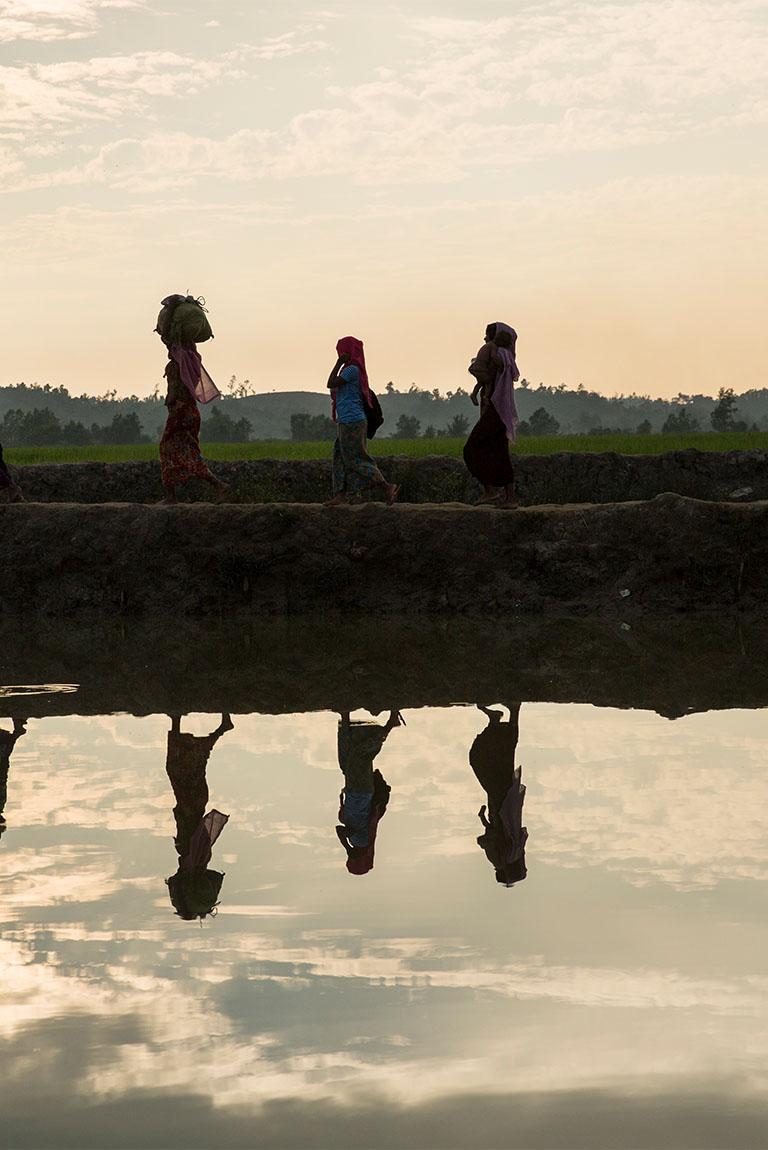The United Nations refers to the Rohingya people as “the most persecuted minority in the world”. Other minorities like the Chin people in western Myanmar are also persecuted.
registered refugees and asylum seekers with the UNHCR in Malaysia.

registered refugees and asylum seekers with the UNHCR in Malaysia.
Rohingyas found refuge in Malaysia.
of asylum seekers and refugees are women.
Médecins du Monde’s emergency response includes a range of humanitarian assistance programmes. Find out more below about our work and missions in South Caucasus.
The Rohingya people – a Muslim ethnic minority living mainly in the Rakhine State in Myanmar – have experienced decades of systematic discrimination, statelessness and targeted violence. In August 2017 an upsurge of violence forced hundreds of thousands of Rohingyas to flee from wars and persecutions, seeking refuge in the neighbouring countries.
People from Myanmar – of which 103,560 Rohingyas – are fleeing violence and persecutions.
People from Myanmar – of which 103,560 Rohingyas – are fleeing violence and persecutions.
They are the largest stateless community in the world according to the following estimates:
Most of them now live in urban areas amongst host communities and other groups of migrants, especially in Kuala Lumpur and in the Klang Valley.
The persecution of the Rohingya people
The United Nations refers to the Rohingya people as “the most persecuted minority in the world”. Other minorities like the Chin people in western Myanmar are also persecuted.
Malaysia has signed neither the 1951 Convention relating to the Status of Refugees nor its 1967 Protocol. Thus, according to the law, refugees and asylum seekers are considered undocumented migrants. According to universities and organisations supporting refugees in Malaysia, half the refugee population is registered with UNHCR (United Nation High Commissioner for Refugees). This grants them a status allowing them to remain in the country however not having any official protection from the Malaysian authorities.
Thus, our humanitarian work in Malaysia is strategic and vital.
Due to the lack of legal framework, refugees and asylum seekers do not have formal access to essential services and are the victims of discrimination particularly when it comes to medical care.
The public healthcare system, although low-priced for Malaysians, is expensive for foreigners looking to receive medical care.
The agreement protocol between the Ministry of Health and the UNHCR stipulates that all refugees registered with the UNHCR are entitled to a 50% reduction on the cost set for foreigners in public health facilities.
And yet these healthcare costs remain excessive personal expenses for refugee populations and asylum seekers, limiting considerably their access to basic healthcare services.
Moreover, access to sexual and reproductive health services, or specialised services such as mental and psychological health, is almost impossible even for the people registered with the United Nations and who are entitled to those services.
103,560 of the 181,510 asylum seekers and refugees registered with the UNHCR in Malaysia are Rohingyas. 26,000 refugees have fled the wars and persecutions in Pakistan (6,760 people), in Yemen (3,730 people) in Syria (3,200 people) and in Afghanistan (2,830 people).
Most of them now live in urban areas, amongst host communities and other groups of migrants, especially in Kuala Lumpur and the Klang Valley.
Improving access to healthcare services
Following an exploratory mission launched in March 2020, Médecins du Monde began its humanitarian mission in Malaysia to:
This is how in 2021, Médecins du Monde established a privileged relationship with associations and organisations working in Malaysia, Kuala Lumpur and its region, with the relevant populations to respond in the most best way possible.
In collaboration with local organisations, Médecins du Monde wants to improve access to quality healthcare services for refugees, asylum seekers and migrants. We aim to ensure access to rights and sexual and reproductive healthcare, including prevention and gender-based violence response, along with specialised services such as mental and psychosocial health.
We are developing a project based on a community approach, with healthcare centres and mobile clinics, as well as contributing to capacity building for local organisations.
In 2021, we:
Budget in 2021.
Budget in 2021.
84 avenue du Président Wilson
93210 Saint Denis
+331 44 92 15 15


Email invalid
Veuillez remplir tous les champs obligatoires